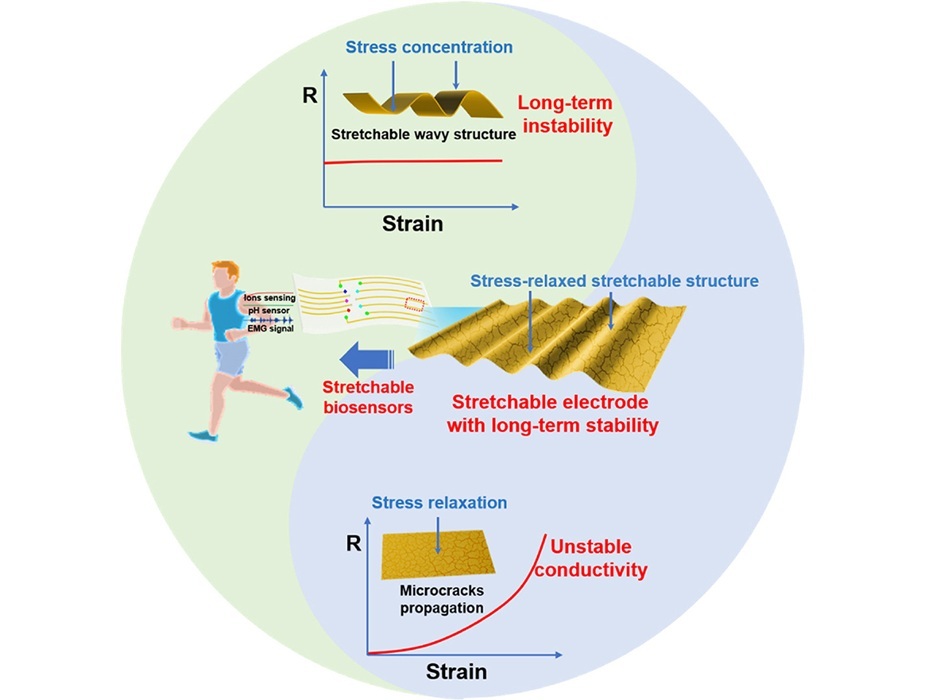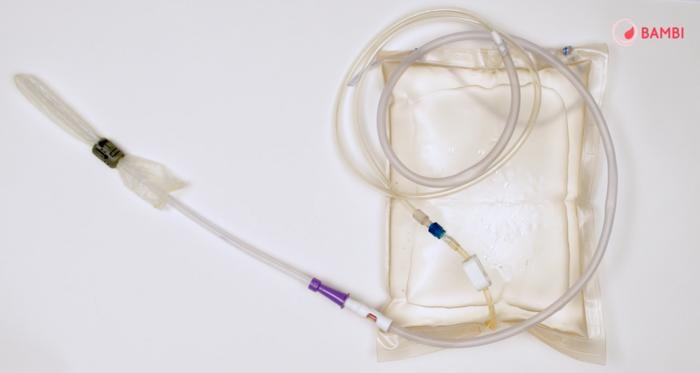Eli Lilly’s Anti-Inflammatory Drug for Arthritis Helps Hospitalized COVID-19 Patients Recover Faster
|
By HospiMedica International staff writers Posted on 15 Sep 2020 |
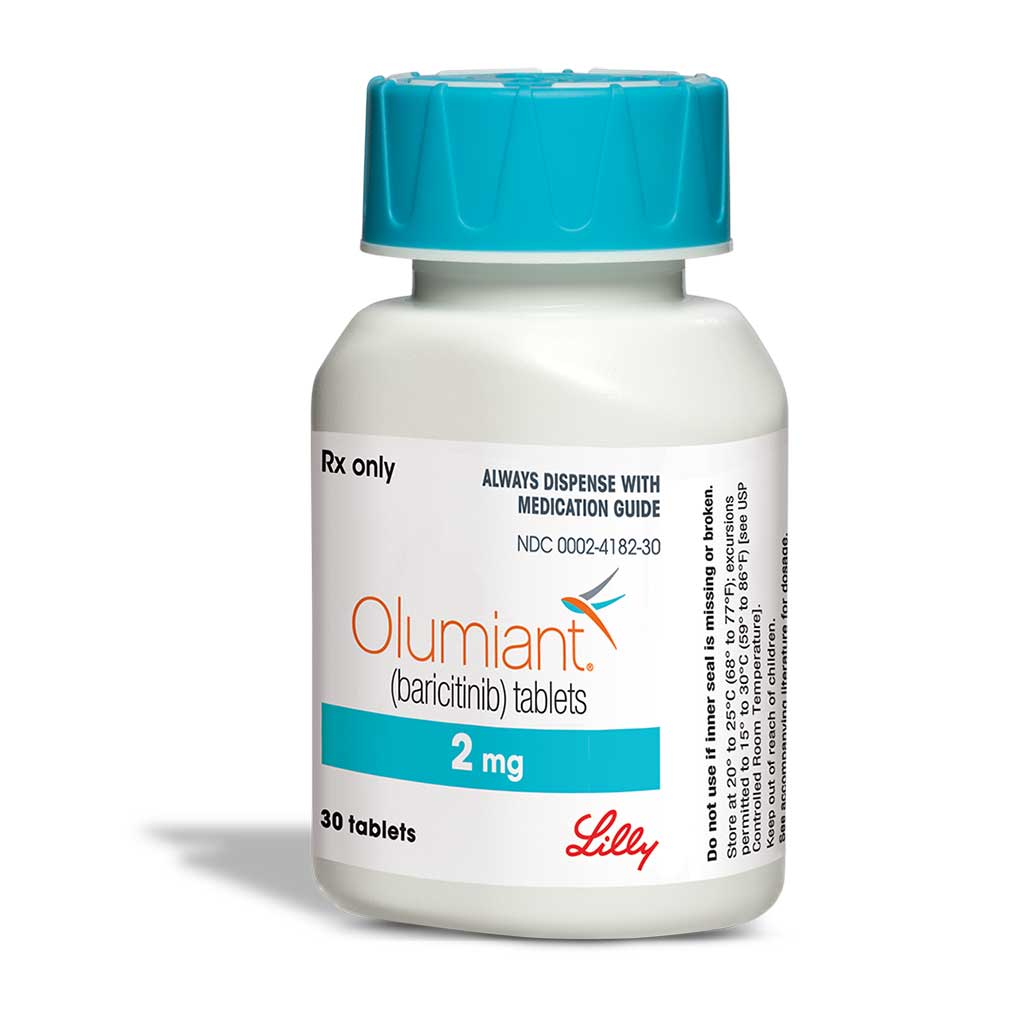
Image: Olumiant (baricitinib) (Photo courtesy of Eli Lilly and Company)
Initial data from clinical trials have revealed that baricitinib in combination with remdesivir met the primary endpoint of reduction of time to recovery of hospitalized COVID-19 patients in comparison with remdesivir.
Baricitinib, a JAK1/JAK2 inhibitor licensed to Eli Lilly and Company (Indianapolis, Ind, USA) from Incyte (Wilmington, DE, USA) and marketed as OLUMIANT, is approved in more than 70 countries as a treatment for adults with moderately to severely active rheumatoid arthritis (RA). The initial data was from the Adaptive COVID-19 Treatment Trial (ACTT-2) to assess the efficacy and safety of a 4-mg dose of baricitinib plus remdesivir versus remdesivir in hospitalized patients with COVID-19. ACTT-2, which is sponsored by the National Institute of Allergy and Infectious Diseases (NIAID), part of the National Institutes of Health (NIH), included more than 1,000 patients. Study investigators noted an approximately one-day reduction in median recovery time for the overall patient population treated with baricitinib in combination with remdesivir versus those treated with remdesivir. The study also met a key secondary endpoint comparing patient outcomes at Day 15 using an ordinal 8-point scale ranging from fully recovered to death. Additional analyses are ongoing to understand other clinical outcome data, including mortality and safety data.
Based on the ACTT-2 data, Lilly plans to discuss the potential for emergency use authorization (EUA) with the US Food and Drug Administration (FDA) and to explore similar measures with other regulatory agencies for baricitinib as a treatment of hospitalized patients with COVID-19. If authorized for use, Lilly will propose that baricitinib be available through commercial channels and will work with hospitals and governments to ensure patient access. Lilly will review the ACTT-2 data with NIAID and assess any impact on COV-BARRIER, the Phase 3 randomized, double-blind, placebo-controlled study it initiated in June to evaluate the efficacy and safety of baricitinib versus background therapy in hospitalized adults with COVID-19 in the US, Europe, Asia and Latin America.
"We are pleased with these data from the ACTT-2 study," said Patrik Jonsson, Lilly senior vice president and president of Lilly Bio-Medicines. "There is an urgent need to identify COVID-19 treatments, and we will continue to work with NIAID to understand these data and next steps on baricitinib's role moving forward. We appreciate NIAID selecting baricitinib for inclusion in this important study and the participants, investigators and collaborators for the vital roles they played."
"As a company, we've moved quickly to develop and evaluate medicines for patients for the prevention and treatment of COVID-19," said Daniel Skovronsky, M.D., Ph.D., Lilly senior vice president and chief scientific officer. "These data allow us to better understand baricitinib's role in potentially improving outcomes for hospitalized COVID-19 patients, and we look forward to continuing this research alongside our other initiatives to combat COVID-19."
Related Links:
Eli Lilly and Company
Incyte
Baricitinib, a JAK1/JAK2 inhibitor licensed to Eli Lilly and Company (Indianapolis, Ind, USA) from Incyte (Wilmington, DE, USA) and marketed as OLUMIANT, is approved in more than 70 countries as a treatment for adults with moderately to severely active rheumatoid arthritis (RA). The initial data was from the Adaptive COVID-19 Treatment Trial (ACTT-2) to assess the efficacy and safety of a 4-mg dose of baricitinib plus remdesivir versus remdesivir in hospitalized patients with COVID-19. ACTT-2, which is sponsored by the National Institute of Allergy and Infectious Diseases (NIAID), part of the National Institutes of Health (NIH), included more than 1,000 patients. Study investigators noted an approximately one-day reduction in median recovery time for the overall patient population treated with baricitinib in combination with remdesivir versus those treated with remdesivir. The study also met a key secondary endpoint comparing patient outcomes at Day 15 using an ordinal 8-point scale ranging from fully recovered to death. Additional analyses are ongoing to understand other clinical outcome data, including mortality and safety data.
Based on the ACTT-2 data, Lilly plans to discuss the potential for emergency use authorization (EUA) with the US Food and Drug Administration (FDA) and to explore similar measures with other regulatory agencies for baricitinib as a treatment of hospitalized patients with COVID-19. If authorized for use, Lilly will propose that baricitinib be available through commercial channels and will work with hospitals and governments to ensure patient access. Lilly will review the ACTT-2 data with NIAID and assess any impact on COV-BARRIER, the Phase 3 randomized, double-blind, placebo-controlled study it initiated in June to evaluate the efficacy and safety of baricitinib versus background therapy in hospitalized adults with COVID-19 in the US, Europe, Asia and Latin America.
"We are pleased with these data from the ACTT-2 study," said Patrik Jonsson, Lilly senior vice president and president of Lilly Bio-Medicines. "There is an urgent need to identify COVID-19 treatments, and we will continue to work with NIAID to understand these data and next steps on baricitinib's role moving forward. We appreciate NIAID selecting baricitinib for inclusion in this important study and the participants, investigators and collaborators for the vital roles they played."
"As a company, we've moved quickly to develop and evaluate medicines for patients for the prevention and treatment of COVID-19," said Daniel Skovronsky, M.D., Ph.D., Lilly senior vice president and chief scientific officer. "These data allow us to better understand baricitinib's role in potentially improving outcomes for hospitalized COVID-19 patients, and we look forward to continuing this research alongside our other initiatives to combat COVID-19."
Related Links:
Eli Lilly and Company
Incyte
Latest COVID-19 News
- Low-Cost System Detects SARS-CoV-2 Virus in Hospital Air Using High-Tech Bubbles
- World's First Inhalable COVID-19 Vaccine Approved in China
- COVID-19 Vaccine Patch Fights SARS-CoV-2 Variants Better than Needles
- Blood Viscosity Testing Can Predict Risk of Death in Hospitalized COVID-19 Patients
- ‘Covid Computer’ Uses AI to Detect COVID-19 from Chest CT Scans
- MRI Lung-Imaging Technique Shows Cause of Long-COVID Symptoms
- Chest CT Scans of COVID-19 Patients Could Help Distinguish Between SARS-CoV-2 Variants
- Specialized MRI Detects Lung Abnormalities in Non-Hospitalized Long COVID Patients
- AI Algorithm Identifies Hospitalized Patients at Highest Risk of Dying From COVID-19
- Sweat Sensor Detects Key Biomarkers That Provide Early Warning of COVID-19 and Flu
- Study Assesses Impact of COVID-19 on Ventilation/Perfusion Scintigraphy
- CT Imaging Study Finds Vaccination Reduces Risk of COVID-19 Associated Pulmonary Embolism
- Third Day in Hospital a ‘Tipping Point’ in Severity of COVID-19 Pneumonia
- Longer Interval Between COVID-19 Vaccines Generates Up to Nine Times as Many Antibodies
- AI Model for Monitoring COVID-19 Predicts Mortality Within First 30 Days of Admission
- AI Predicts COVID Prognosis at Near-Expert Level Based Off CT Scans
Channels
Critical Care
view channel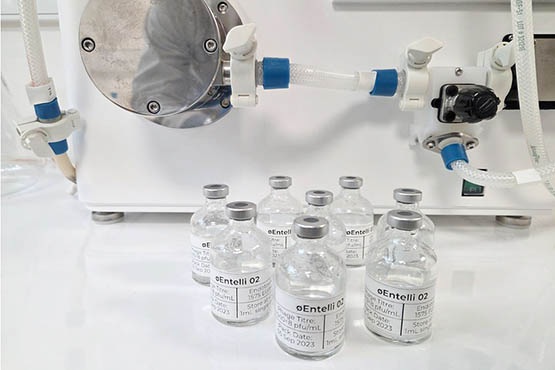
Virus Cocktail to Combat Superbugs Offers New Precision Medicine Approach for Hospitals Battling AMR
Antimicrobial resistance is one of the most pressing challenges in modern medicine, making once-treatable infections increasingly lethal. Enterobacter infections, for example, are difficult to treat and... Read more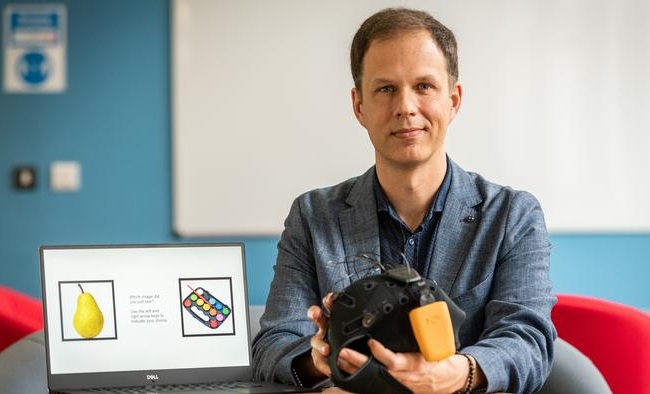
Brainwave Test Detects Memory Decline Years Before Alzheimer’s Diagnosis
Alzheimer’s disease develops silently for years before symptoms appear, making early detection a major challenge. Conventional diagnostic tools often miss the first decade or more of brain changes, delaying... Read moreSurgical Techniques
view channel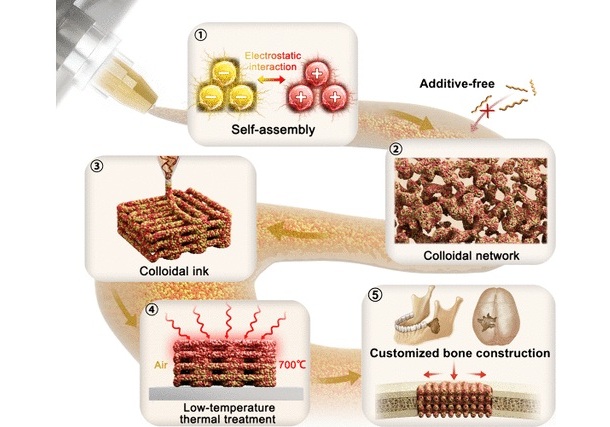
3D Printable Bio-Active Glass Could Serve as Bone Replacement Material
Glass may not seem like a natural choice for replacing bone, yet the two materials share surprising similarities in structure and strength. Bone and glass both bear weight more effectively than they withstand... Read more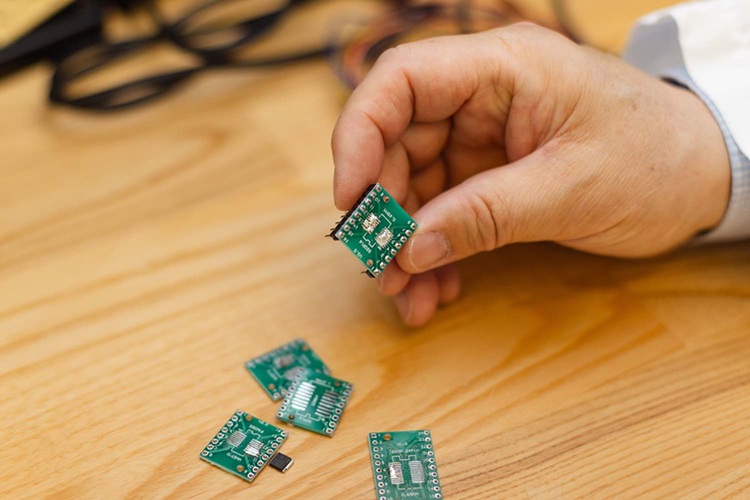
Micro Imaging Device Paired with Endoscope Spots Cancers at Earlier Stage
Digestive system cancers are among the most common cancers, with hundreds of thousands of new cases and deaths reported annually in the United States. Standard endoscopy, the main diagnostic method for... Read more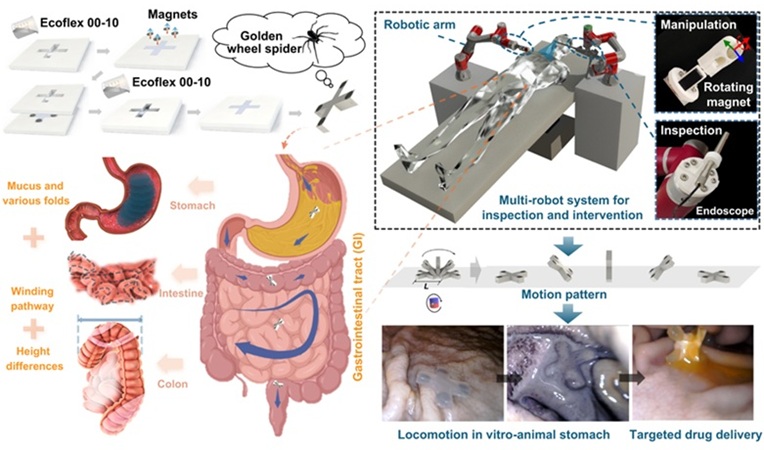
Spider-Inspired Magnetic Soft Robots to Perform Minimally Invasive GI Tract Procedures
The gastrointestinal (GI) tract is vital for digestion, nutrient absorption, and waste elimination, but it is also prone to cancers and other serious conditions. Standard endoscopy is widely used for diagnosis... Read morePatient Care
view channel
Revolutionary Automatic IV-Line Flushing Device to Enhance Infusion Care
More than 80% of in-hospital patients receive intravenous (IV) therapy. Every dose of IV medicine delivered in a small volume (<250 mL) infusion bag should be followed by subsequent flushing to ensure... Read more
VR Training Tool Combats Contamination of Portable Medical Equipment
Healthcare-associated infections (HAIs) impact one in every 31 patients, cause nearly 100,000 deaths each year, and cost USD 28.4 billion in direct medical expenses. Notably, up to 75% of these infections... Read more
Portable Biosensor Platform to Reduce Hospital-Acquired Infections
Approximately 4 million patients in the European Union acquire healthcare-associated infections (HAIs) or nosocomial infections each year, with around 37,000 deaths directly resulting from these infections,... Read moreFirst-Of-Its-Kind Portable Germicidal Light Technology Disinfects High-Touch Clinical Surfaces in Seconds
Reducing healthcare-acquired infections (HAIs) remains a pressing issue within global healthcare systems. In the United States alone, 1.7 million patients contract HAIs annually, leading to approximately... Read moreHealth IT
view channel
Printable Molecule-Selective Nanoparticles Enable Mass Production of Wearable Biosensors
The future of medicine is likely to focus on the personalization of healthcare—understanding exactly what an individual requires and delivering the appropriate combination of nutrients, metabolites, and... Read moreBusiness
view channel
Philips and Masimo Partner to Advance Patient Monitoring Measurement Technologies
Royal Philips (Amsterdam, Netherlands) and Masimo (Irvine, California, USA) have renewed their multi-year strategic collaboration, combining Philips’ expertise in patient monitoring with Masimo’s noninvasive... Read more
B. Braun Acquires Digital Microsurgery Company True Digital Surgery
The high-end microsurgery market in neurosurgery, spine, and ENT is undergoing a significant transformation. Traditional analog microscopes are giving way to digital exoscopes, which provide improved visualization,... Read more
CMEF 2025 to Promote Holistic and High-Quality Development of Medical and Health Industry
The 92nd China International Medical Equipment Fair (CMEF 2025) Autumn Exhibition is scheduled to be held from September 26 to 29 at the China Import and Export Fair Complex (Canton Fair Complex) in Guangzhou.... Read more












